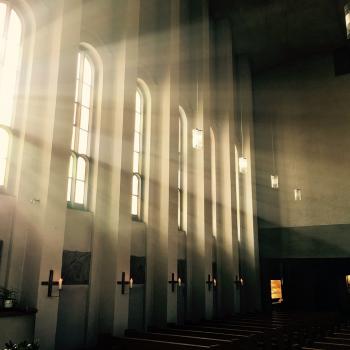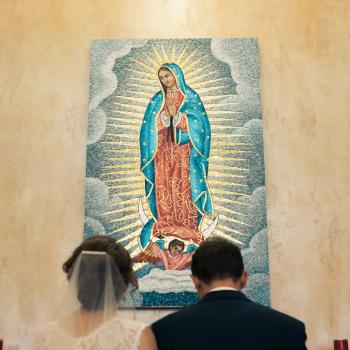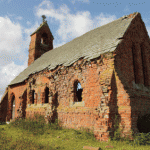
John Allen says it’s on abundant display in Madrid:
“Evangelical Catholicism” is a term being used to capture the Catholic version of a 21st century politics of identity, reflecting the long-term historical transition in the West from Christianity as a culture-shaping majority to Christianity as a subculture, albeit a large and influential one. I define Evangelical Catholicism in terms of three pillars:
- A strong defense of traditional Catholic identity, meaning attachment to classic markers of Catholic thought (doctrinal orthodoxy) and Catholic practice (liturgical tradition, devotional life, and authority).
- Robust public proclamation of Catholic teaching, with the accent on Catholicism’s mission ad extra, transforming the culture in light of the Gospel, rather than ad intra, on internal church reform.
- Faith seen as a matter of personal choice rather than cultural inheritance, which among other things implies that in a highly secular culture, Catholic identity can never be taken for granted. It always has to be proven, defended, and made manifest.
I consciously use the term “Evangelical” to capture all this rather than “conservative,” even though I recognize that many people experience what I’ve just sketched as a conservative impulse. Fundamentally, however, it’s about something else: the hunger for identity in a fragmented world.
Historically speaking, Evangelical Catholicism isn’t really “conservative,” because there’s precious little cultural Catholicism these days left to conserve. For the same reason, it’s not traditionalist, even though it places a premium upon tradition. If liberals want to dialogue with post-modernity, Evangelicals want to convert it – but neither seeks a return to a status quo ante. Many Evangelical Catholics actually welcome secularization, because it forces religion to be a conscious choice rather than a passive inheritance. As the late Cardinal Jean-Marie Lustiger of Paris, the dictionary definition of an Evangelical Catholic, once put it, “We’re really at the dawn of Christianity.”
Paradoxically, this eagerness to pitch orthodox Catholicism as the most satisfying entrée on the post-modern spiritual smorgasbord, using the tools and tactics of a media-saturated global village, makes Evangelical Catholicism both traditional and contemporary all at once.
“Evangelical Catholicism” has been the dominant force at the policy-setting level of the Catholic church since the election of Pope John Paul II in 1978. If you want to understand Catholic officialdom today — why decisions are being made the way they are in the Vatican, or in the U.S. bishops’ conference, or in an ever-increasing number of dioceses — this is easily the most important trend to wrap your mind around.











